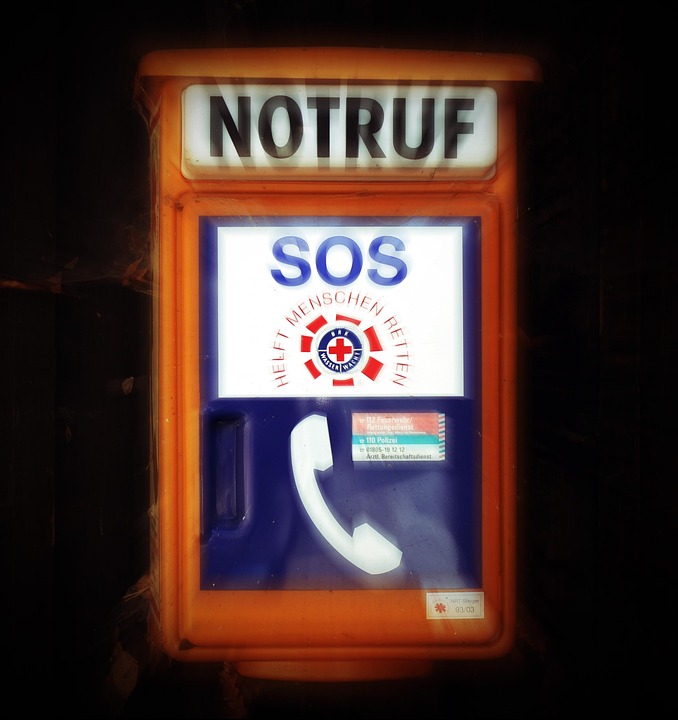Navigating Your Career as an Emergency Planner: A Comprehensive Roadmap for Success
Venturing into the realm of emergency planning is akin to embarking on an unpredictable journey, where every twist and turn unveils new challenges and opportunities. This profession, integral to community safety and disaster resilience, requires not only a sound understanding of risk management but also a flair for strategic thinking. If you aspire to carve out a successful career in this dynamic field, consider the following guiding principles.
1. Embrace Lifelong Learning
In a world where threats evolve—be it natural disasters, public health emergencies, or man-made crises—the importance of continuous education cannot be overstated. Engage with the latest research, attend workshops, and pursue relevant qualifications. The Chartered Institute of Emergency Management (CIEM) offers a wealth of resources, from training sessions to networking events, ensuring you stay abreast of the latest trends and best practices.
2. Build a Diverse Skill Set
Emergency planning is not solely about drafting response plans. It encompasses a myriad of skills—communication, project management, data analysis, and even psychological first aid. Diversifying your skill set not only enhances your employability but also equips you to tackle multifaceted challenges. Consider volunteering for roles that allow you to hone these skills in real-world scenarios, whether through local charities, community groups, or governmental agencies.
3. Forge Strategic Relationships
Networking is the lifeblood of many professions, and emergency planning is no exception. Cultivating relationships with fellow professionals, local authorities, and community organisations can open doors to collaboration and resource sharing. Attend industry conferences, engage on platforms like LinkedIn, and don’t shy away from reaching out to seasoned experts for mentorship. The wisdom gleaned from their experiences can be invaluable.
4. Understand Your Community
Each community is unique, presenting its own set of risks and vulnerabilities. Conducting thorough risk assessments is foundational to effective emergency planning. Immerse yourself in local demographics, geography, and historical data to tailor your strategies accordingly. This grassroots approach not only enhances your credibility but also fosters trust within the community you serve.
5. Stay Calm Under Pressure
The nature of emergency planning often involves high-stakes situations. Developing resilience and maintaining composure during crises is essential. Consider participating in crisis simulation exercises to build your capacity for decision-making under duress. This not only prepares you for real-life scenarios but also demonstrates your capability to potential employers.
6. Advocate for Inclusivity
An inclusive approach to emergency planning ensures that all community members, regardless of their backgrounds or abilities, are considered. Advocate for the inclusion of diverse voices in planning processes. By fostering an environment where everyone feels represented, you not only enhance the effectiveness of your plans but also build a stronger community.
Charting Your Future Path
As you navigate the intricate landscape of emergency planning, remember that success is not merely about the destination; it is also about the journey and the impact you make along the way. With a commitment to lifelong learning, a diverse skill set, strong relationships, community understanding, resilience under pressure, and a focus on inclusivity, you can pave the way for a fulfilling career that truly makes a difference.
For those seeking exemplary resume references and ongoing guidance in this ever-evolving field, CVPortal continues to provide a wealth of resources tailored to elevate your professional profile. Embrace your journey with confidence, for the path ahead is as promising as it is essential.


